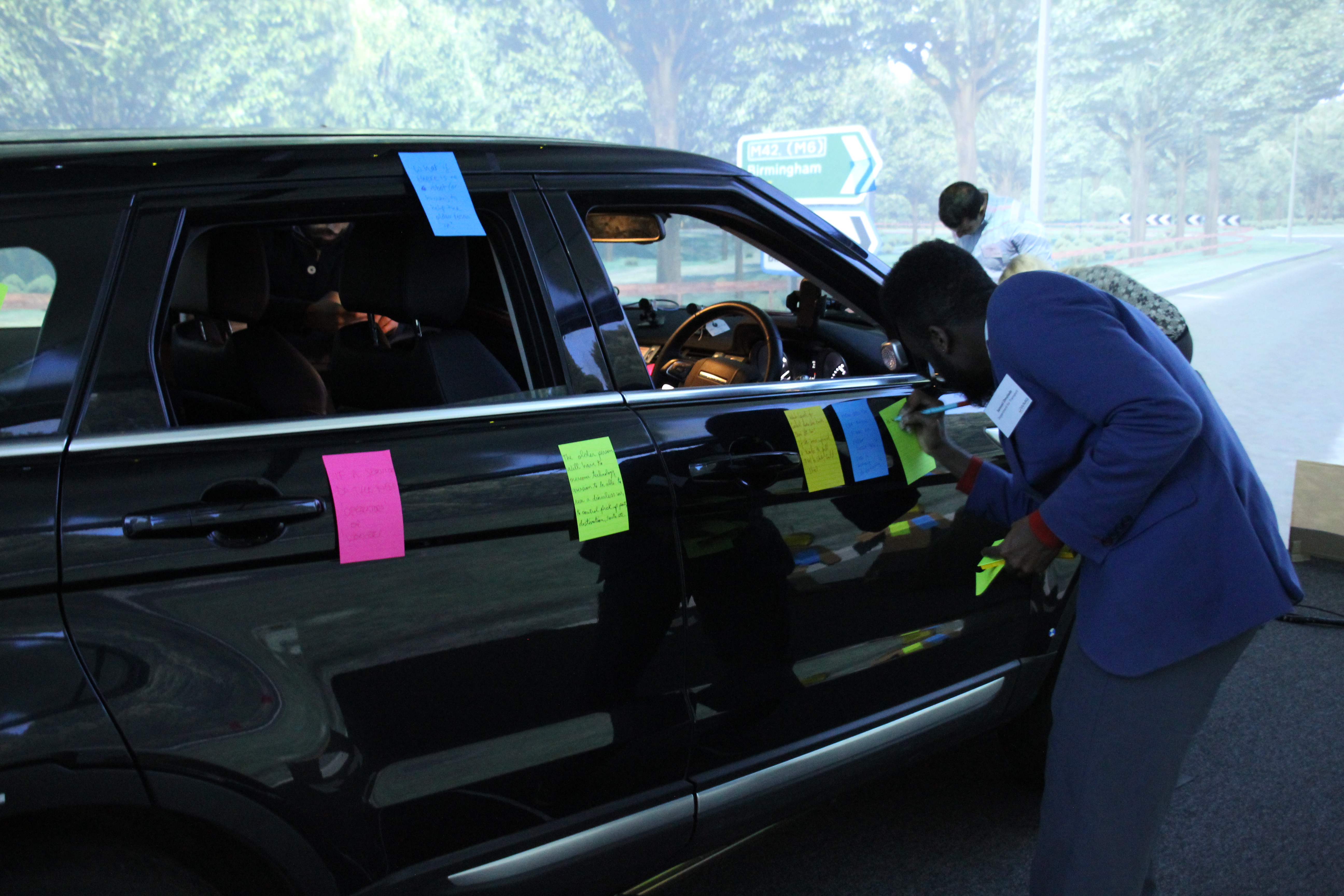Friday 24th of August
Participatory Design Conference 2018, Keynote
14:00 – 15:00
Hasselt University, in the Old Prison
Over the last decade or so, intelligent technology testing has moved from relatively enclosed environments like the laboratory, the factory-floor and the home into public spaces, such as the street. This places new demands on the capacities of the actors involved – engineers, citizens, social researchers, policy makers and designers, … – to envision a shared, societal future. One way to sum up this challenge is by modifying a well-known and enigmatic precept: In the 1990s, engineering was defined as “sociology by other means” (Law, 1991), but to make this true today we need to add new elements, namely participation and design.
In her lecture, Noortje will unpack and advance this claim by investigating a series of recent street trials of intelligent vehicles in the UK and elsewhere. Drawing on empirical materials, from fieldwork notes to debate maps and a design exercise, Noortje will first show how some key elements go missing in contemporary street trials of driverless cars, and how, for this reason, they risk to fail in their attempt to put a proposed technological future to a societal test. Some trials bracket contestation among road users (drivers, cyclists, pedestrians), while others render the social environment passive, reducing it to a décor for machine performance. The result of this is not only to render the societal future unreal, but also, stupid.
So how, then, can design and social research be combined to re-introduce the missing elements, and stage a public encounter between actors, forces and visions – the car system, the ecological future – that so often remain mute to one another, and which, accordingly, fails to take place?

Photo by Luis Oliviera (2016)
